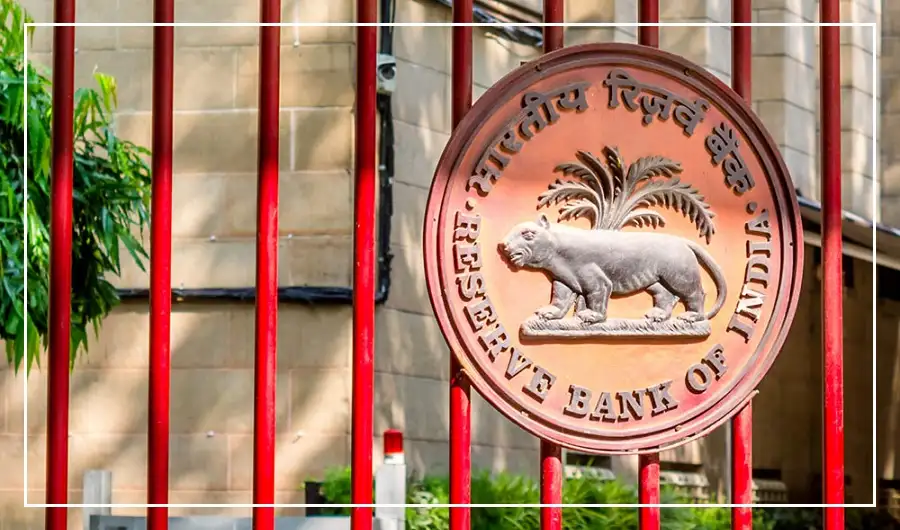The Reserve Bank of India (RBI) has proposed major changes to make it easier for Indian companies to raise loans from abroad.
The central bank announced this move on October 3, saying that now companies will be allowed to borrow overseas based on their financial strength. This step aims to increase the flow of funds into the economy.
The RBI has presented a draft proposal and will finalize the rules after receiving feedback.
Earlier, during the monetary policy announcement on October 1, RBI Governor Sanjay Malhotra also introduced several measures to boost liquidity and fund flow.
Cost Limit for Loans to Be Removed
The RBI plans to link foreign borrowing limits to a company’s financial capacity. It will also remove the cost ceiling on most such loans.
Under the new framework, companies will be able to raise up to $1 billion or 300% of their net worth, whichever is lower.
Earlier, the automatic route limit was $1.5 billion, and higher amounts required special approval, which will now be discontinued.
More Companies to Become Eligible
The central bank also plans to remove interest rate caps, allowing companies to borrow at market-determined rates.
Earlier, companies could not pay more than 500 basis points above the global benchmark rate. Now, this restriction will go.
For loans with maturities under three years, the same cost limits as trade credit will apply.
The RBI has also proposed to expand the list of eligible companies that can raise foreign loans.
Restructuring and Investigated Firms Can Also Borrow
Another major change is that all companies registered in India will be allowed to raise debt from abroad — including those under restructuring or investigation.
Restructuring companies will need approval under their resolution plan.
Companies under investigation can also raise funds, but only with proper disclosures.
Previously, only companies eligible for foreign direct investment (FDI) could borrow from abroad.
The RBI has invited feedback on these proposals until October 24, after which the final rules will be issued.

























